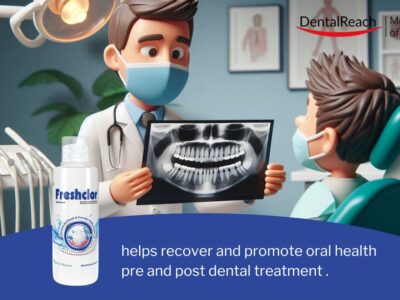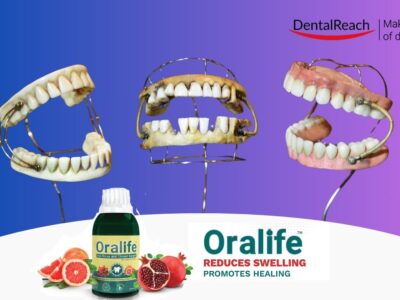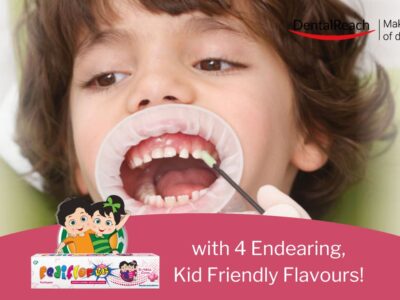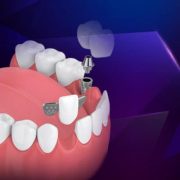The development of the teeth of the embryo begins towards the 5th and 6th weeks of intrauterine life, so it is sometimes even before the confirmation of your pregnancy! From the beginning, a special importance to food is required. Sticky and sugary foods should be avoided and if they are consumed, immediate brushing is indicated.
The sugars and the absence of brushing cause the lowering of the pH of the saliva below the critical threshold where the production of acid triggers the demineralization process of tooth enamel, the first stage of tooth decay. The more the consumption of sugars is frequent, the more the involvement of the enamel will progress towards the less calcified parts of the inside of the tooth (dentin and pulp).
Pregnancy requires a sufficient amount of vitamins (A, B, C, D, etc.) as well as minerals (phosphorus, iron, calcium, etc.). The calcium in your teeth is stable and the baby can not change that structure. However, if your calcium intake is insufficient (eg dairy products), the embryo will draw calcium from your bones.
During the first trimester, a consultation with your dental hygienist is recommended. By knowing your condition, she will evaluate your oral condition and advise you appropriately. The hygienist will completely clean your teeth, removing all deposits responsible for dental caries and gum disease (bio-film or plaque, tartar, stains).
Even if dental X-rays are safe, they will not be taken until after your pregnancy, except in emergency situations (eg, abscess, fracture, etc.). If this is the case, the lead apron covering the abdomen will still be used. When curative treatments are required, they can usually be planned during the second trimester of pregnancy and the products used (eg, anesthetic) have no adverse effect on the fetus. Some treatments will however have to be postponed after pregnancy (ex: bleaching).
Hormonal changes during pregnancy can cause a reaction in the gums and the presence of bio-film (dental plaque) can aggravate this situation. Swelling, redness, tenderness and spontaneous bleeding are possible. It is important to maintain good daily oral hygiene by brushing, using a soft bristle brush and fluoride toothpaste, and using dental floss. With good care, the condition of your gums will recover after delivery.
Many studies show that toxins present in periodontal disease (tooth support: gums and bones) cause the risk of premature birth and low birth weight babies. These children have lower resistance to infections and more often have birth or developmental abnormalities.
Brushing with a soft-bristled brush and rinsing the mouth with water or a fluoride mouthwash helps to reduce the stomach acid deposited on the teeth and mucous membranes, as well as in the mouth. saliva.
DISCLAIMER : “Views expressed above are the author’s own.”




















Comments